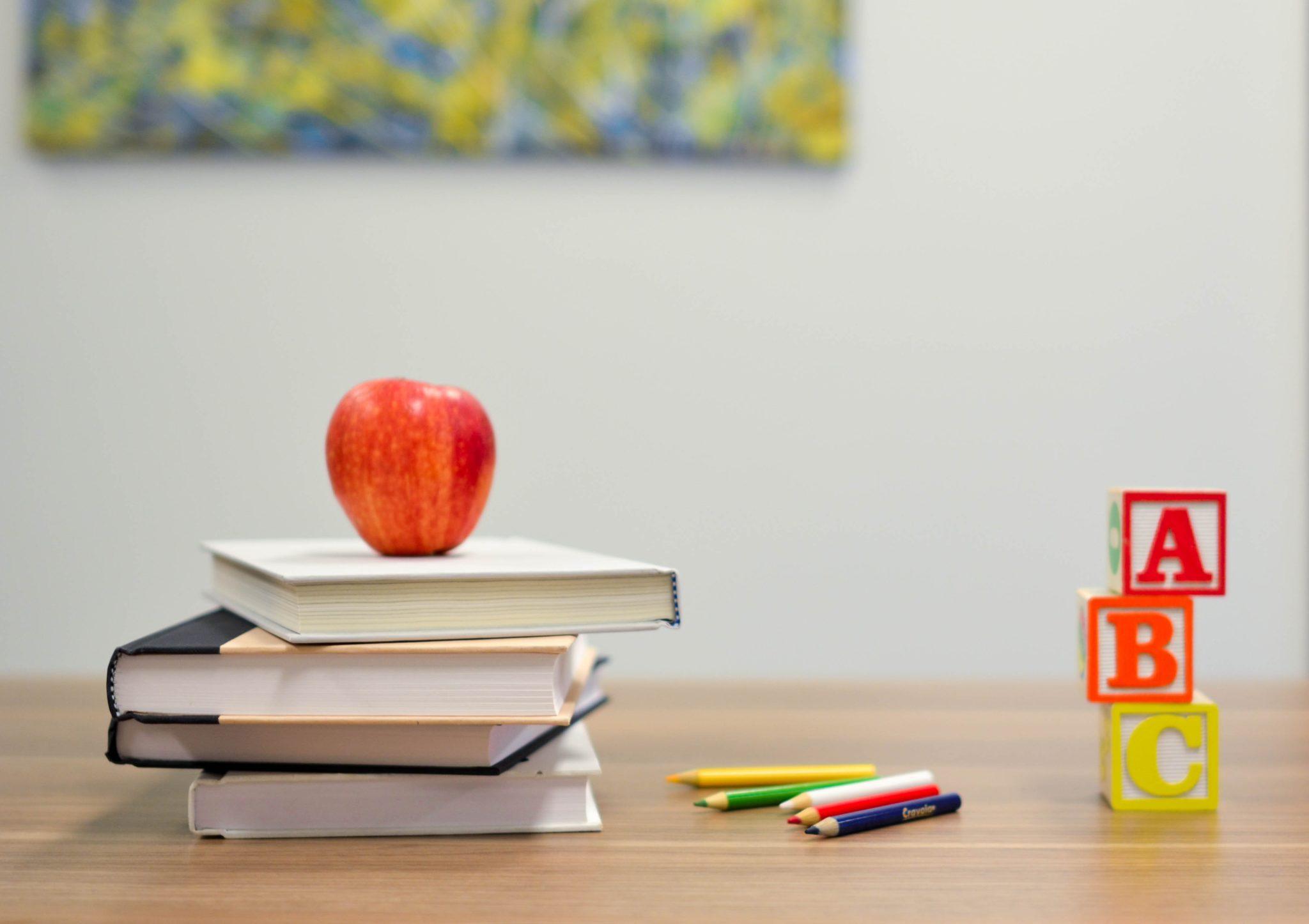Current restrictions on group sizes are due to be lifted to allow schools, colleges and nurseries to fully reopen to all children and young people, as Covid-19 infection rates continue to fall. Here is everything you need to know from the Education Secretary Gavin Williamson’s statement in the Commons, and published Government Advice.
When can we expect students to go back to school?
Under current rules imposed during the coronavirus pandemic, class sizes are limited to a maximum of 15 pupils, but the education secretary said ministers were looking at “expanding those bubbles to include the whole class”.
The Government is working to ensure that all pupils can return to schools and colleges full-time for the new educational year in September. Whilst 1.6 million pupils are already back into school, the rest of the pupils will be expected to attend schools and colleges as they work with families to secure regular attendance at the start of the school year. Mr Williamson told MPs that ‘education is critical for this generation’ of school children, and that students should be returning to normal educational routines as quickly as possible. Mr Williamson also said that “nothing can replace being in the classroom”. Teachers will be asked to address the gaps in knowledge to ensure children can ‘catch up on lost learning’. Teachers of some subjects will have to reduce what needs to be taught as schools continue to deal with the implications of coronavirus.
One of the proposals being looked at postponing GCSE exams until June 7.
How will they ensure safety?
Mr Williamson said he wants to reassure parents that education settings are as safe as possible for children and staff. England’s Deputy Chief Medical Officer Dr Jenny Harries, said “the evidence has shown that the risk of severe disease in children is low” but warned coronavirus is “still in general circulation”.
Schools will minimise contact between children, ensuring that they are grouped into ‘bubbles’ and encouraging older children to continue to socially distant. As a minimum this will mean keeping whole year groups and schools and colleges separate. This is in addition to the other protective measures given such as regular sanitising and handwashing.
All schools are advised to implement other policies in line with their own risk assessment and in a way that ensures pupils can be taught a broad and balanced curriculum.
Other measures set out in the guidance include:
- teachers to distance from each other and older students where possible
- increasing the frequency of cleaning
- reducing the use of frequently shared items
- minimising contact in corridors
Where there is a case of COVID-19 at a school or college, Public Health England will advise the best course of action, which could include a 14-day period of self-isolation for small groups of students and staff.
Where there are two to more confirmed cases in a two-week period, this could lead to a larger number of students being asked to self-isolate as a precautionary measure.
Testing units will also be sent around to schools with confirmed cases to carry out investigations to see who could have been at risk of contracting coronavirus from those who have tested positive. If necessary, whole schools could be tested first focusing on the confirmed student’s class, followed by their year group.
Will exams be going ahead?
Mr Williamson expects exams to go ahead as normal in summer 2021. Alongside this, Ofsted will carry out visits to schools in the autumn term to discuss how they are supporting the return to education for their pupils, with routine inspections planned to restart in January 2021. This will ensure that the appropriate measures are put into place to allow exams to go ahead safely.
Other important information
On Monday, Mr Williamson said parents in England could be fined if they do not send their children back to school in September. The return to school will be compulsory and families may face penalties if they keep their children at home – unless there is a ‘good reason’ for absence.
The £1bn fund to help England’s children catch up will see the most disadvantaged pupils gain access to tutors through a £350m programme in the year from September. Primary and secondary schools will be given £650m to spend on one-to-one or group tuition for any pupils they think need it.
There are separate rules for managing the threat of coronavirus in England, Wales, Scotland and Northern Ireland.
Need advice?Contact us to discuss your requirements and how we can help






